The National Observatory for the Fight Against Transnational Crime (ONLCT Où est ton frère?) has called on the Burundian government to closely monitor the activities of labor placement agencies in light of increasing concerns over human trafficking in the country.
The appeal comes as the world marks International Women’s Day on March 8, 2025, a day dedicated to celebrating women’s rights and empowerment. While Burundi has made strides in promoting legal migration frameworks, ONLCT highlights that traffickers continue to operate unchecked, particularly targeting women and girls.
In a press release issued earlier on Saturday, Prime Mbarubukeye, the legal representative of ONLCT, emphasized the need for heightened vigilance, especially in countries like Saudi Arabia, where recruitment agencies prioritize profits over the protection of migrant workers. “In Saudi Arabia, some recruitment agencies are more interested in the financial benefits of labor migration rather than ensuring the safety and fair treatment of women and girls already employed,” said Mbarubukeye.
ONLCT has identified two Kenyan travel agencies allegedly complicit in trafficking women and girls from Burundi, with these agencies working in tandem with local agencies to recruit vulnerable individuals. “These travel agencies have been identified as key players in trafficking networks. Some agencies in Burundi are facilitating the recruitment of women and girls for exploitation abroad,” Mbarubukeye said, urging the government to take immediate action.
Additionally, ONLCT’s investigations have uncovered two clandestine trafficking networks operating in Burundi. One network operates from the southern part of the country, starting at the Kibondo market in Bujumbura, passing through Makamba Province, and heading towards Tanzania, Zambia, Malawi, Mozambique, and South Africa. The second network is based in the eastern region of Burundi, with origins at the Sion market in Bujumbura, moving through Muyinga, Tanzania, and ultimately reaching Uganda, Kenya, and further destinations like Thailand, Myanmar, Iran, and Iraq.
Recent investigations by the organization have uncovered disturbing findings. Seventeen Burundian women and girls have been trafficked to Myanmar via Thailand, while 18 Burundian migrants, including three women, were arrested by Kenyan police for traveling without proper documentation after crossing the Tanzanian border. These developments underline the urgent need for greater regulatory oversight to protect Burundian migrants from exploitation.
In response to these issues, Mbarubukeye urged the Burundian government to follow through with stronger measures to monitor the activities of labor recruitment agencies, particularly in regions with known vulnerabilities to trafficking. “If nothing is done, Burundi could lose its active workforce, undermining the country’s economic development plans outlined in its national vision to become self-sufficient by 2040 and a developed country by 2060,” he warned.
ONLCT also noted that human trafficking has the potential to disrupt the country’s electoral process due to the loss of a significant portion of the population seeking work abroad under illegal and exploitative conditions.
Meanwhile, in celebration of International Women’s Day, Burundi’s Senate President, Emmanuel Sinzohagera, highlighted the pivotal role of women in the country’s development. “When women are granted their rights, the entire nation benefits. Let’s unite to support women, as the pillar of the home is also the pillar of the nation,” he said.
The Burundian Minister of National Solidarity, Imelde Sabushimike, also reported progress in the protection and promotion of women’s rights. She cited several government initiatives, including free healthcare for pregnant women, a bank for women entrepreneurs offering low-interest loans, and support centers for victims of gender-based violence.
At the national level, the International Women’s Day was celebrated in Bubanza Province, located in the northwest of Burundi, under the theme: “A woman is the pillar of development, let us support her in the plans leading to our country’s vision.”

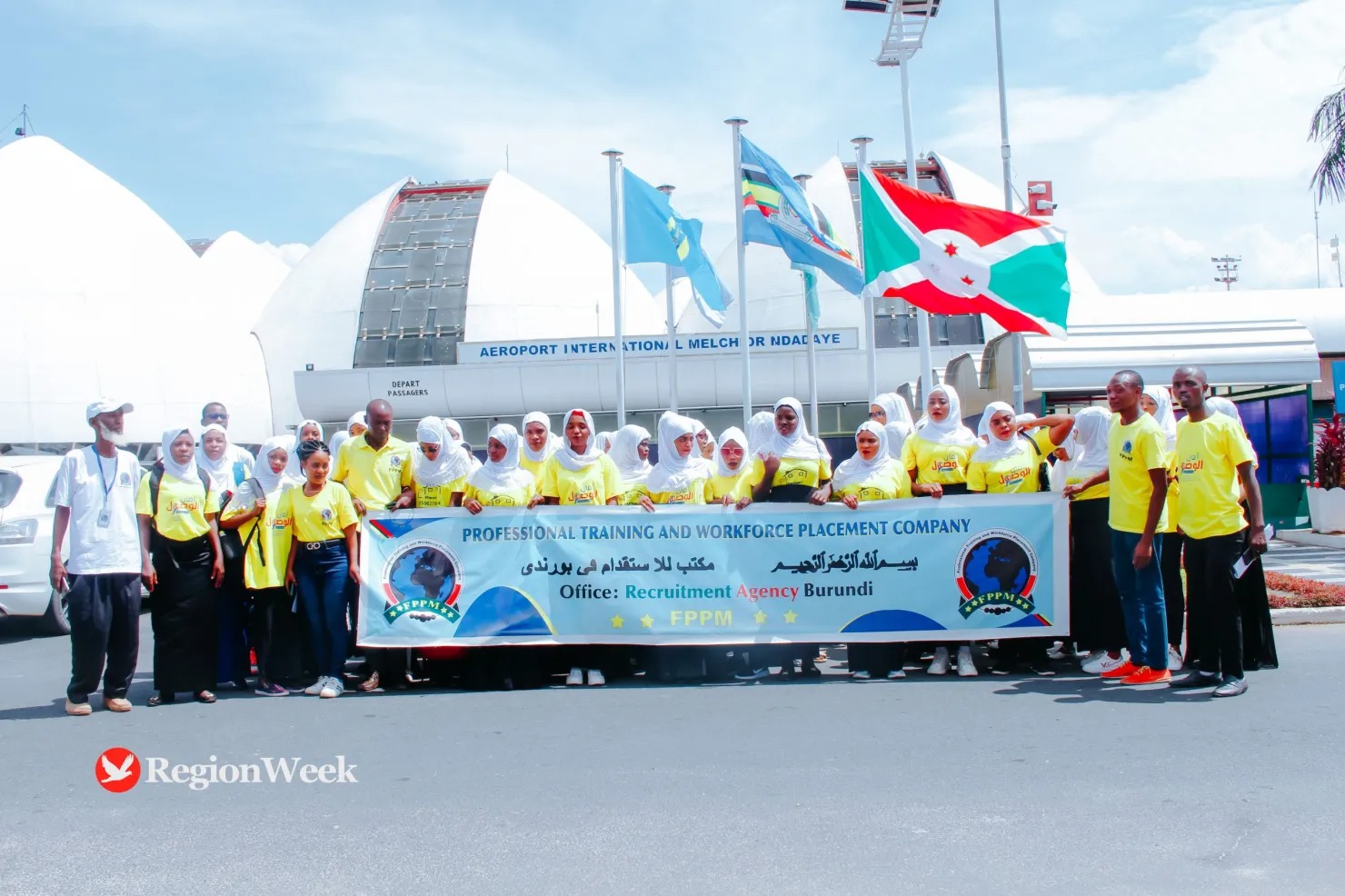


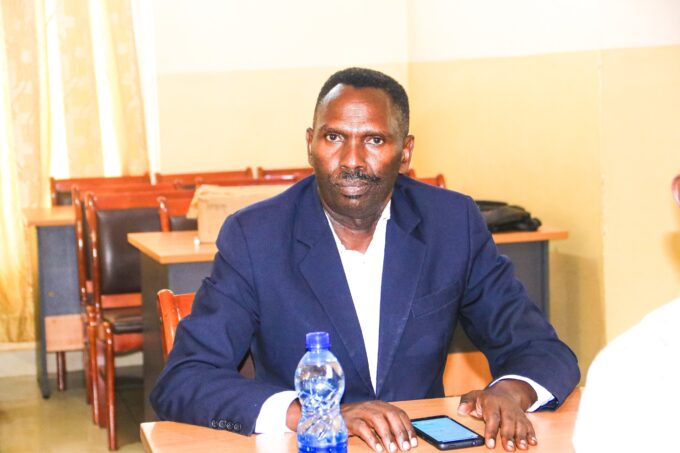
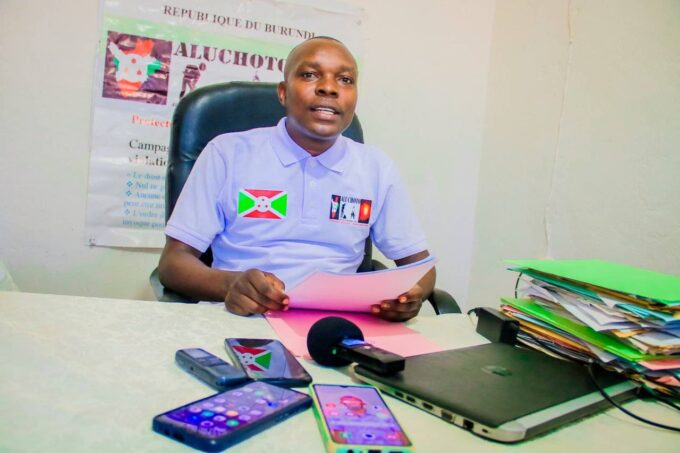
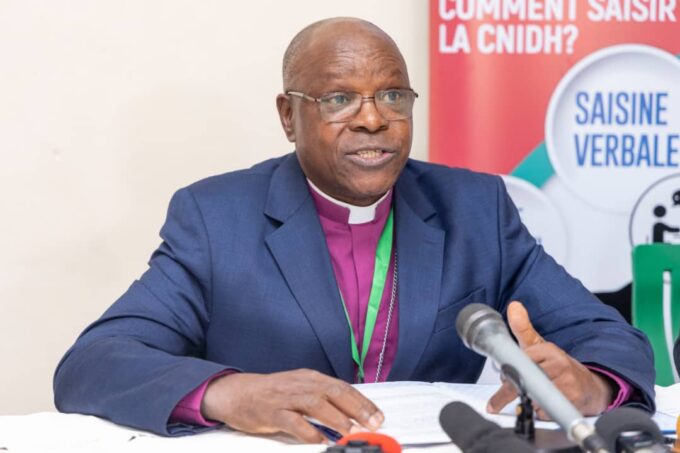
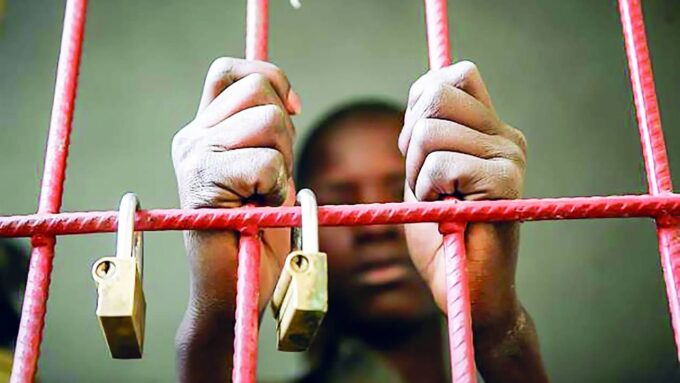
Leave a comment